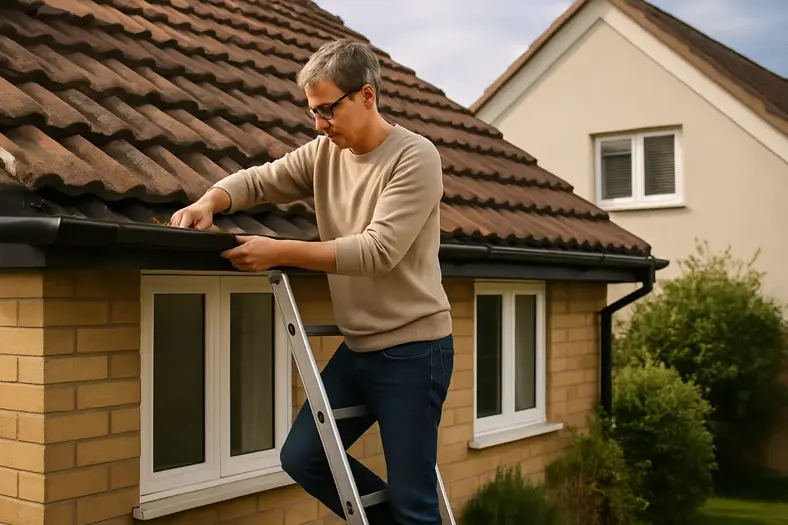Common Mistakes That Can Invalidate Your Home Insurance

Many people overlook the importance of home insurance. However, in the event of a fire, theft, flood, or accidental damage, our insurers should be able to provide the coverage we need.
Unfortunately, some claims are declined not because of obscure clauses, but because homeowners don't realise their mistakes could invalidate their policy.
Here are 12 issues that could void your home insurance policy.
1. Failure to declare home improvements or building work
If you plan to build an extension, convert your loft, or knock through internal walls, you must notify your insurer in advance.
Renovations increase the risk of fire, flood, and structural problems, and if your insurer is not notified, your coverage may not be valid.
Building work is a common reason for policy cancellation, so let your insurer know!
2. Leaving your home unattended for too long
In most cases, unoccupied homes are covered for 30 days (some offer up to 60 days). Your insurer needs to know if you'll be away for a longer period, whether on vacation, on work placement, or in the hospital.
The risk of burglary, vandalism, or burst pipes is higher in winter or when empty homes are left unattended. It is possible for you to become uninsured without notice.
3. Ignoring maintenance requirements
It is unlikely that a policy will cover damage caused by poor maintenance. The insurance company may not cover damp that is left untreated to worsen, for example.
It is the expectation of the insurance industry that homeowners take all practical and reasonable precautions for the protection of their property. Your claim may be adversely affected if you don't keep your property in good condition.
4. Running a business from home without declaring it
Generally, remote work is covered, but operating a business with stock, clients, or equipment can change your risk profile. Businesses such as salons, childminders, and retail stores require specific insurance coverage. In the event that you fail to notify your insurer, your policy may be voided.
5. Failure to secure your home properly
A failure to lock doors and windows, to activate alarms, or to make sure locks work properly may be considered negligence by an insurer. If keys are left in obvious places (such as under the doormat), theft claims are also void.
6. Intentional damage
Intentional damage caused by the homeowner or household members is not covered by insurance. An example of this would be vandalism, malicious damage, or deliberate destruction.
7. Falsifying or omitting information
In order to obtain or renew a policy, you must provide accurate information about your property, its use, and your history.
There is a possibility that your insurance could be invalidated if you fail to mention previous claims, who lives in the property, or material risks.
8. Misvaluation of contents or property
Your insurer may only pay a portion of any claim if you underestimate rebuild costs. Overstating values may lead to unnecessarily high premiums or suspicions of fraud. Honest valuations are crucial.
9. Not informing your insurer that you are renting or subletting
Even if you take in a lodger or rent out your property short-term (such as Airbnb), your home's risk profile changes. If your insurer is unaware, your policy may be voided.
10. Failure to update the policy when circumstances change
A life change can occur at any time... whether it's your partner moving in, expensive jewelry, or a new family member. In the event that you fail to update your insurer, certain losses may not be covered.
11. Neglecting to report claims or incidents in a timely manner
Typically, insurers require rapid reporting of claims or incidents (especially thefts, burglaries, and structural damage). It is possible for rejection to be caused by delays or incomplete evidence (such as photos or police reports).
12. Hiring unqualified contractors or performing illegal work
Insurance companies may reject claims if you hire an uncertified electrician or plumber, or if you do not obtain required permits. Before hiring a tradesperson, make sure they are appropriately accredited.
Don’t Forget
- Be sure to read your insurance policies carefully, as their wording varies.
- Certain exclusions are "conditions precedent," meaning that failure to comply invalidates the coverage.
- Even if the policy isn't void, claims can still be reduced proportionately.
Communicating honestly and communicating clearly can prevent invalidations. Maintain your home, keep your insurer informed, and review your policy regularly to ensure it's right for you.


